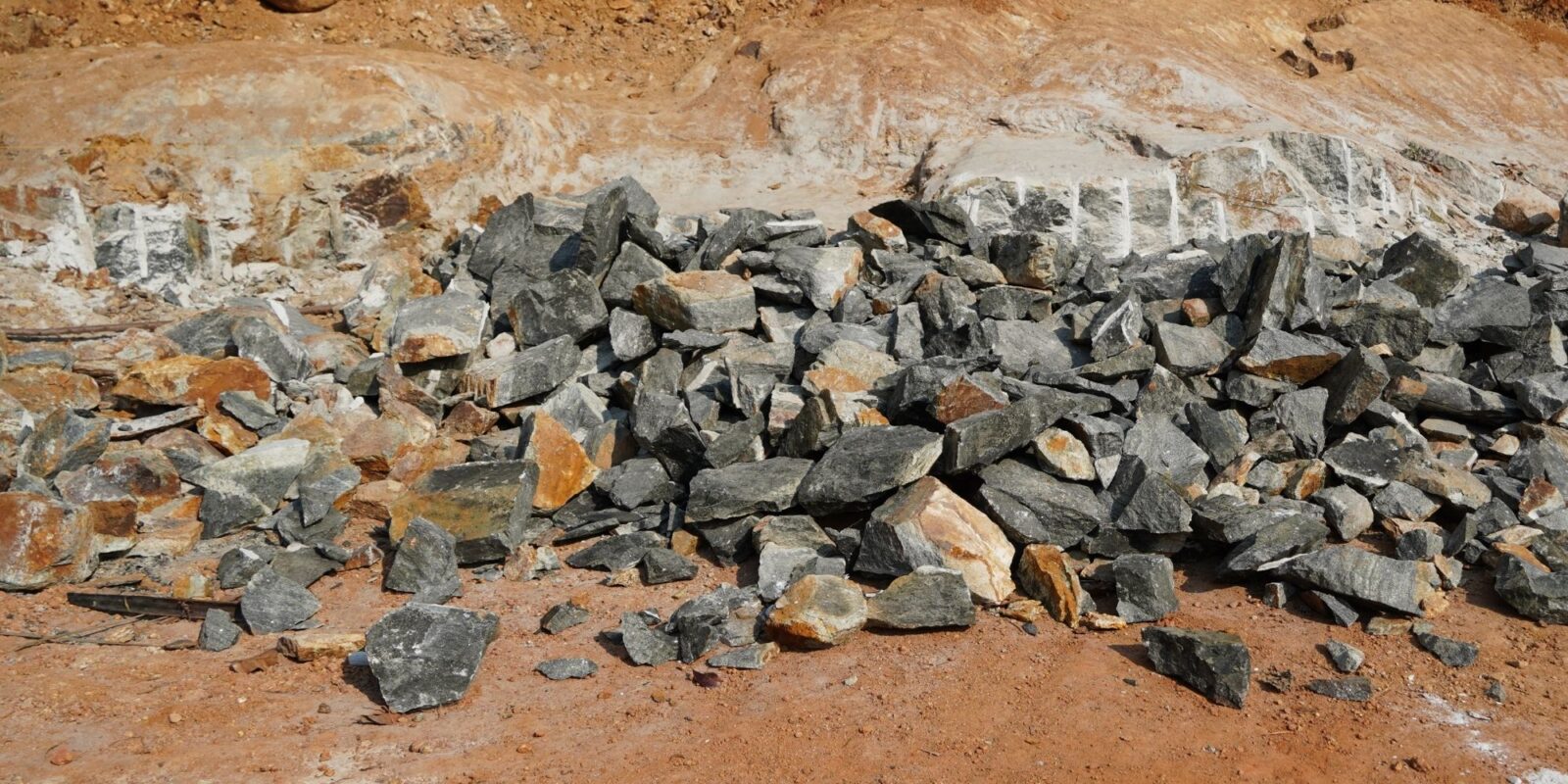Steel, cement, & lithium important for Zim’s industrial revolution

Steel together with cement plus the popularity of lithium in the green revolution anchors the industrial development agenda for Zimbabwe, United Nations Industrial Development Organisation (UNIDO) country representative for Zimbabwe Mr Tichaona Mushayavanhu said.
Rudairo Mapuranga
Speaking to Mining Zimbabwe on the sidelines of the Stakeholder Validation Workshop On the Draft Zimbabwe National Industrial Development Policy (2024-2030) in Harare on Tuesday, Mushayavanhu said Steel and cement manufacturing are major catalysts for economic development. He also said that lithium which is now popular now is very key in terms of driving the economy from a green energy perspective.
“Steel and cement manufacturing are major catalysts for economic development. We have seen that the country is developing the steel industry. Steel anchors the industrial revolution agenda, Steel and cement manufacturing indicators go in parallel to the industrial to the industrial development agenda. Lithium which is popular now is very key in terms of driving the economy from a green energy perspective. Value Addition and Beneficiation of lithium will lead to economic development,” Mushayavanhu said.
Mushayavanhu also said there is a need for Zimbabwe’s industry in terms of Steel manufacturing, cement manufacturing and battery manufacturing to attract long-term capital for the industrial revolution to be complete.
He said the industrial development policy should therefore not be limited only to industrial manufacturing but the whole industrial spectrum like mining and agriculture value addition and beneficiation, education for industrial growth and transport among other industries.
“Zimbabwe requires what we call industrial capital for mineral value addition and beneficiation to be a long-term growing industry. If the country attracts long-term capital it will be posed to an unstoppable growth. The industrial policy of the country should also be broad and not limited to industrial manufacturing alone. It should touch on education, mining, agriculture, and health Ministry among others,” he said.
Presenting at the event the Secretary for Industry and Commerce Dr Mavis Sibanda said going forward the industrial development policy will aim at structural transformation to build a strong industry with linkages with agriculture and mining sectors.
“Going forward the draft Zimbabwe National Industrial Development Policy (2024-2030) is aiming to drive structural transformation and build a strong industry, with linkages with the agriculture and mining sectors. In addition, services which include tourism, transport, construction, finance and among others will also spur the growth of the sector,” Dr Sibanda said.


